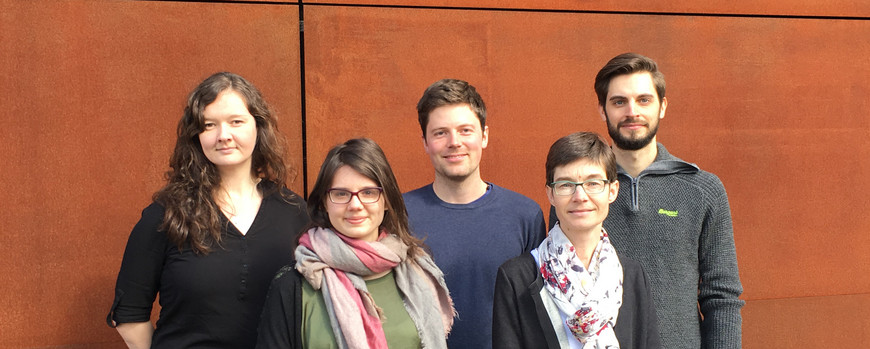Research
Proactivity and well-being (DFG FA 458/5-1)
While the research area "Proactivity and Personal Initiative" takes a very broad view of proactivity, this project focuses on the implications of proactivity for the well-being of the actor. Does proactivity lead to higher well-being because proactive action creates better working conditions in the long run? Or does proactivity impair one's sense of wellbeing, because the protagonists cause “trouble” by their personal initiative? Proactivity and personal initiative are often sought-for and desired in everyday business life, as they are shown to be accompanied by higher performance of the actors and the working group. This raises the question of whether this desirable effect has a dark side: Does the actor's well-being suffer?
Titled "What hurts today may pay off tomorrow: An integrative perspective on the well-being consequences of proactive behavior at work", the German Research Foundation (DFG) and the French Agence Nationale de la Recherche (ANR) are funding the project "PROACT_WELLB". The French-German cooperation between Professor Dr. Doris Fay, University of Potsdam and Professor Dr. Karoline Strauss from the ESSEC Business School Paris not only focuses on psychological well-being, but also explores cultural differences with regard to the importance of proactivity. As the world becomes ever more connected, shaped by international companies and the cooperation of people from different cultural backgrounds, the need to take account of these changes and cultural differences in research increases as well. To this end, the DFG-ANR project will conduct parallel studies in France and Germany.
Co-operation partners
Prof. Dr. Karoline Strauss, ESSEC Business School, Frankreich/France
Prof. Dr. Sharon K. Parker, UWA Business School, Australien/Australia
Prof. Dr. Sabine Sonnentag, Universität Mannheim, Deutschland/Germany
Selected Publications
Strauss, K., Parker, S. K., & O'Shea, D. (2017). When does proactivity have a cost? Motivation at work moderates the effects of proactive work behavior on employee job strain. Journal of Vocational Behavior, 100, 15-26. doi: 10.1016/j.jvb.2017.02.001
Fay, D., & Hüttges, A. (2017). Drawbacks of proactivity: Effects of daily proactivity on daily salivary cortisol and subjective well-being. Journal of Occupational Health Psychology, 22(4), 429-442. doi: 10.1037/ocp0000042
Strauss, K., & Kelly, C. (2017). An identity-based perspective on proactivity: Future work selves and beyond. In S. K. Parker & U. K. Bindl (Eds.), Proactivity at work: Making things happen in organizations (pp. 330-354). New York: Routledge Organization and Management Series.

